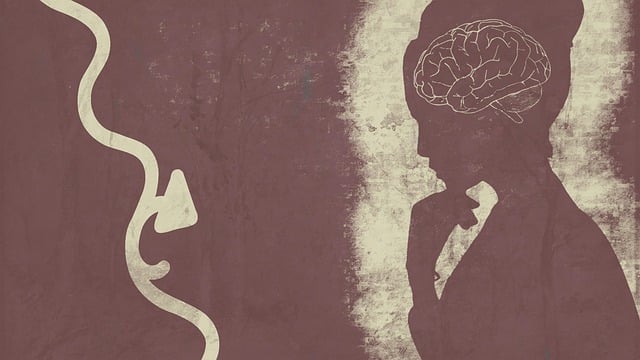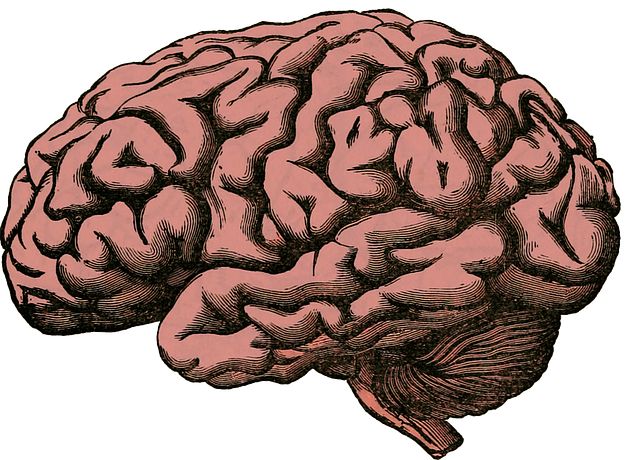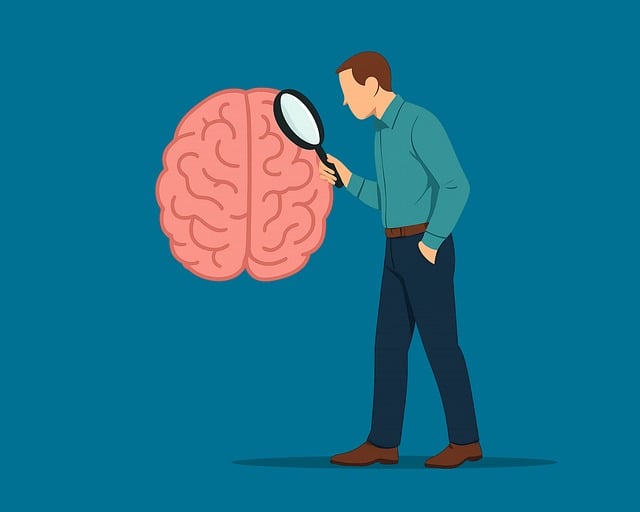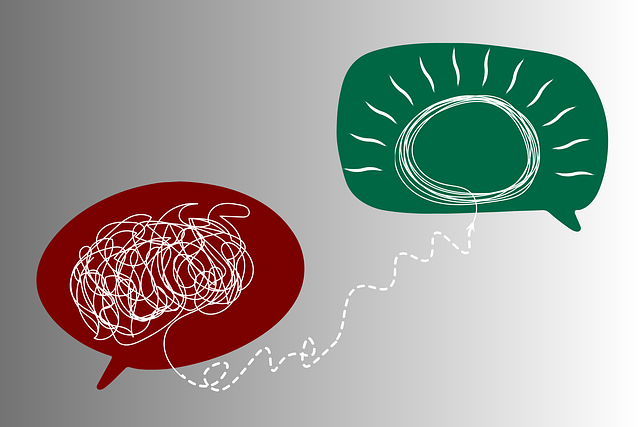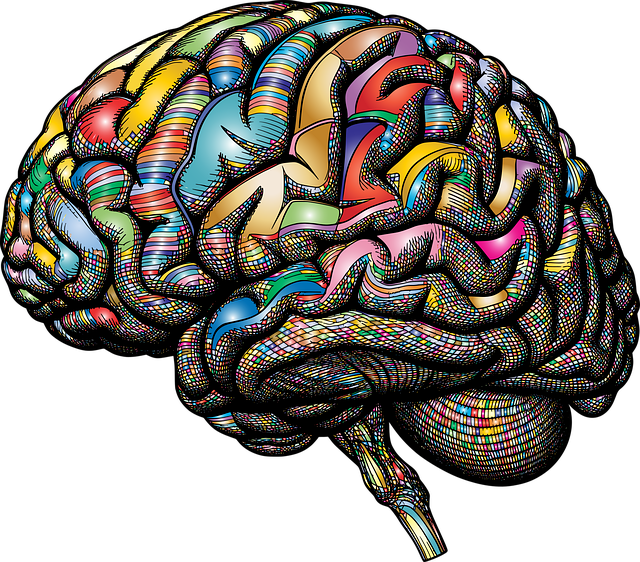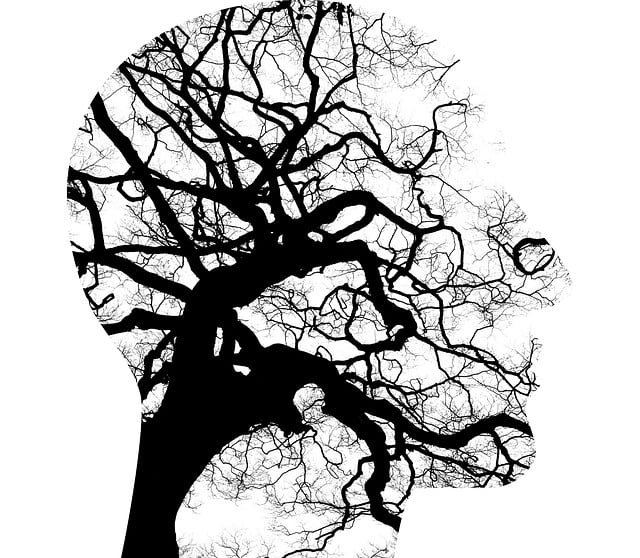Mental illness stigma, especially among marginalized groups like those with superior gender identities, significantly impacts well-being and access to quality care. Overcoming this requires a multi-faceted approach combining policy advocacy for protective legislation, tailored trauma support services, and evidence-based interventions like Superior Gender Identity Therapy (SGIT). SGIT offers safe spaces, effective crisis intervention, and self-care guidance through compassionate therapists, breaking down barriers and promoting understanding. Educational initiatives, media representation, community outreach, and tele-mental health services also play crucial roles in reducing stigma globally, with future strategies focusing on stress management workshops and tailored support for underserved populations.
Mental illness stigma remains a significant barrier to treatment, impacting individuals’ well-being and society’s progress. This article explores comprehensive strategies to reduce mental health stigma, focusing on key initiatives that are transforming lives. From understanding the profound effects of social perceptions to innovative therapeutic approaches like Superior Gender Identity Therapy, we delve into impactful solutions. Additionally, we examine global efforts and media representation, highlighting the path forward to create a more accepting and supportive world for all.
- Understanding the Impact of Stigma on Mental Health Individuals
- The Role of Therapy in Reducing Stigma: A Focus on Superior Gender Identity Therapy
- Educational Initiatives and Media Representation for a More Compassionate Society
- Global Efforts and Future Directions to Eradicate Mental Illness Stigma
Understanding the Impact of Stigma on Mental Health Individuals

Stigma surrounding mental illness can have profound effects on individuals’ lives. It often leads to feelings of isolation, shame, and fear, hindering those affected from seeking the help they need. The impact is particularly severe for marginalized communities, including folks with superior gender identities, who may face additional barriers due to both their mental health struggles and their unique societal positioning. This dual challenge can result in increased anxiety, depression, and even suicide rates within these groups.
Understanding the intricate relationship between stigma and mental health requires a nuanced approach. Emotional healing processes must address not just the symptoms of mental illness but also the deeper-rooted societal issues perpetuating stigma. Mental health policy analysis and advocacy play a crucial role in this by pushing for legislation that protects marginalized individuals, ensures access to quality care, and fosters inclusive communities. Trauma support services tailored to these populations can significantly contribute to breaking down stigma, offering safe spaces for expression and recovery.
The Role of Therapy in Reducing Stigma: A Focus on Superior Gender Identity Therapy

Mental illness stigma reduction is a multifaceted effort crucial for fostering understanding and compassion within society. One powerful tool in this fight is therapy, particularly tailored approaches like Superior Gender Identity Therapy (SGIT). SGIT plays a pivotal role in dismantling the stigma surrounding gender identity issues by providing individuals with effective crisis intervention guidance and helping them develop confidence-boosting self-care practices.
Through compassionate and knowledgeable therapists, SGIT offers safe spaces for clients to explore their identities without fear of judgment. This supportive environment encourages open dialogue, challenges societal norms, and dismantles harmful stereotypes. By integrating evidence-based techniques, SGIT equips individuals with coping strategies to navigate life’s challenges, fostering resilience and self-acceptance. Ultimately, these therapeutic interventions contribute significantly to reducing the stigma associated with mental health struggles, particularly in the context of gender identity.
Educational Initiatives and Media Representation for a More Compassionate Society

Educational initiatives play a pivotal role in reducing stigma associated with mental illness. Schools and communities can implement comprehensive programs that include Social Skills Training and Emotional Intelligence workshops, fostering environments where open discussions about mental health are normalized. These efforts aim to educate not only individuals struggling with their mental wellness but also their peers, breaking down barriers and promoting empathy.
Media representation is another powerful tool in this pursuit. By showcasing diverse stories of resilience and recovery, including those related to superior Gender Identity Therapy, media can challenge stereotypes and present a more nuanced view of mental illness. This shift in narrative encourages viewers to embrace compassion and understanding, ultimately contributing to a society that supports and uplifts individuals navigating their mental wellness journeys.
Global Efforts and Future Directions to Eradicate Mental Illness Stigma

Global efforts to reduce mental illness stigma have gained significant traction, with various initiatives targeting different aspects of society. These include the implementation of community outreach programs that foster understanding and empathy, as well as public awareness campaigns that dispel myths and provide accurate information about mental health. Organizations such as those specializing in superior gender identity therapy play a crucial role in these endeavors by offering specialized support tailored to diverse communities.
Looking ahead, future directions should focus on integrating stress management workshops into educational curricula and workplace settings. By equipping individuals with coping mechanisms early on, we can foster resilience and reduce the risk of mental health deterioration. Furthermore, leveraging technology for tele-mental health services can extend support to underserved populations, ensuring that no one is left behind in the fight against stigma.
Mental illness stigma reduction is a multifaceted global effort that requires understanding, empathy, and education. The articles’ various sections have highlighted the profound impact of stigma on individuals’ lives, the power of therapy – specifically, Superior Gender Identity Therapy – in challenging societal norms, and the role of media representation in fostering compassion. Moving forward, international collaborations and innovative educational initiatives are key to eradicating mental illness stigma once and for all, creating a more accepting and supportive society for all.
